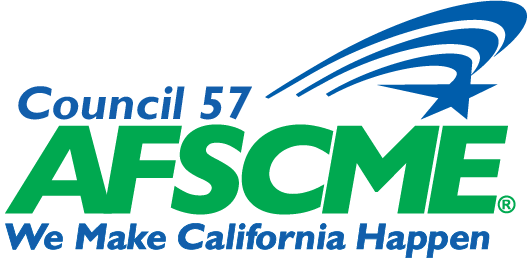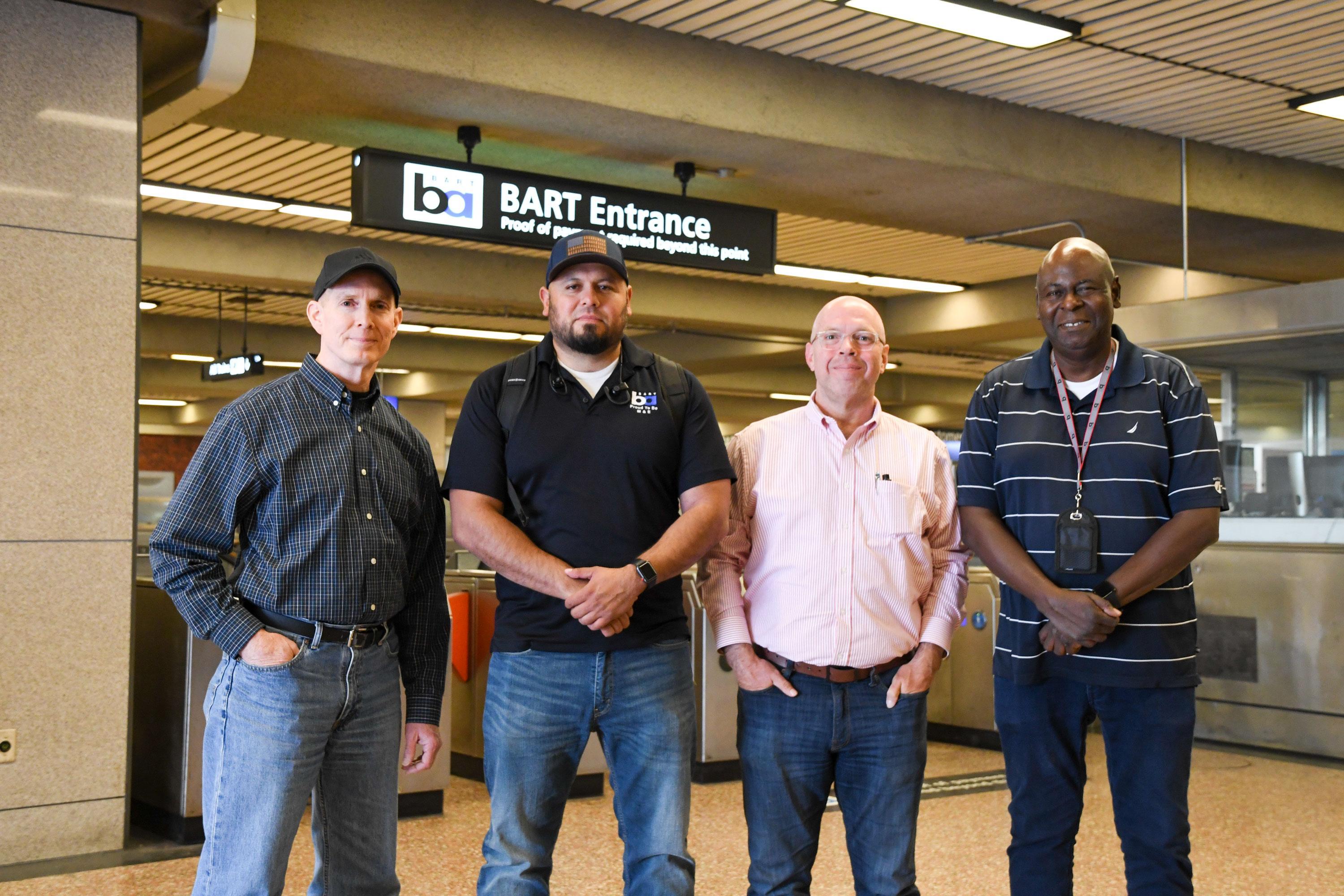Our brothers and sisters who work at BART now have more power at the bargaining table thanks to a new agreement they reached with the transit agency.
With the new agreement, which was a result of years of organizing and using some political pressure from Sacramento, AFSCME Local 3993 nearly doubled its membership and created a better way to resolve labor disputes between management and workers.
Local 3993 represents workers who are supervisors at BART and, for years, the transit agency had been creating new mid-management positions but denying those workers the right to be represented by a union.
This loophole allowed BART to take advantage of new workers unaware of their rights, and it led to costly and long-drawn-out proceedings when our union pushed to fight for workers.
In 2018, however, after about five years of organizing and filing grievances to get the new supervisors represented by our union, Local 3993 sought out a creative alternative that could lead to leveling the playing field with BART.
In California, most public transit agencies aren't covered by a common collective bargaining law, such as the Meyers-Milias-Brown Act. Instead, BART labor relations are handled by the Public Utilities Code, which means any conflict resolution between workers and management could end up in court and put workers at a disadvantage.
To fix this problem, our members worked with Assemblyman Evan Low (D-Campbell) to create AB 3034, a bill that would bring parity to transit labor practices by moving the supervisory units at BART under the watchful eye of Public Employment Relations Board, a state administrative agency charged with preventing unfair labor practices in the workplace.
“This bill solves problems and promotes labor peace,” Local 3993 President Sal Cruz said during a hearing about the bill at the state capital. “It provides access to reasonably tested procedures to allow either party to resolve a dispute.”
The bill was vetoed at first by then-Gov. Jerry Brown because of a lack of funding. However, when Gov. Gavin Newsom got elected, he began to show interest in passing the bill.
Before that happened, however, BART finally acquiesced and came to an agreement with Local 3993 that allowed nearly 200 workers to join our union and enjoy the benefits of representation at the bargaining table.
Carlos Carrillo, a senior quality engineer at BART, was one of those workers. He used to be a member of Local 3993 until he got promoted and BART classified his new position as a non-union position.
Now that Local 3993 reached an agreement with BART over which workers could be represented by our union, Carrillo and many of his colleagues have union representation again and peace of mind.
“To me, it’s about whether or not there is going to be transparency while you’re doing your job,” Carrillo said. “We all have families here, and we want to make sure thorough investigations are done and everything is done by the numbers when it comes to certain things. Having the union helps with that.”
Sern Rodgers, a quality assurance manager of design construction, feels the same way. Before coming to BART, he worked in Texas, a right to work state where he was an at-will employee with no protections at all on the job.
He’s not only happy about having fair and transparent working conditions while doing a critical job for the transit agency. He said he’s happy knowing that his benefits are protected as well.
“I’ve been going through some new medications lately and the prescriptions were killing me,” Rodgers said. “So it felt really good to have that security because, most of the year, I was trying to adjust my medications and having the union provided me with some great relief.”

